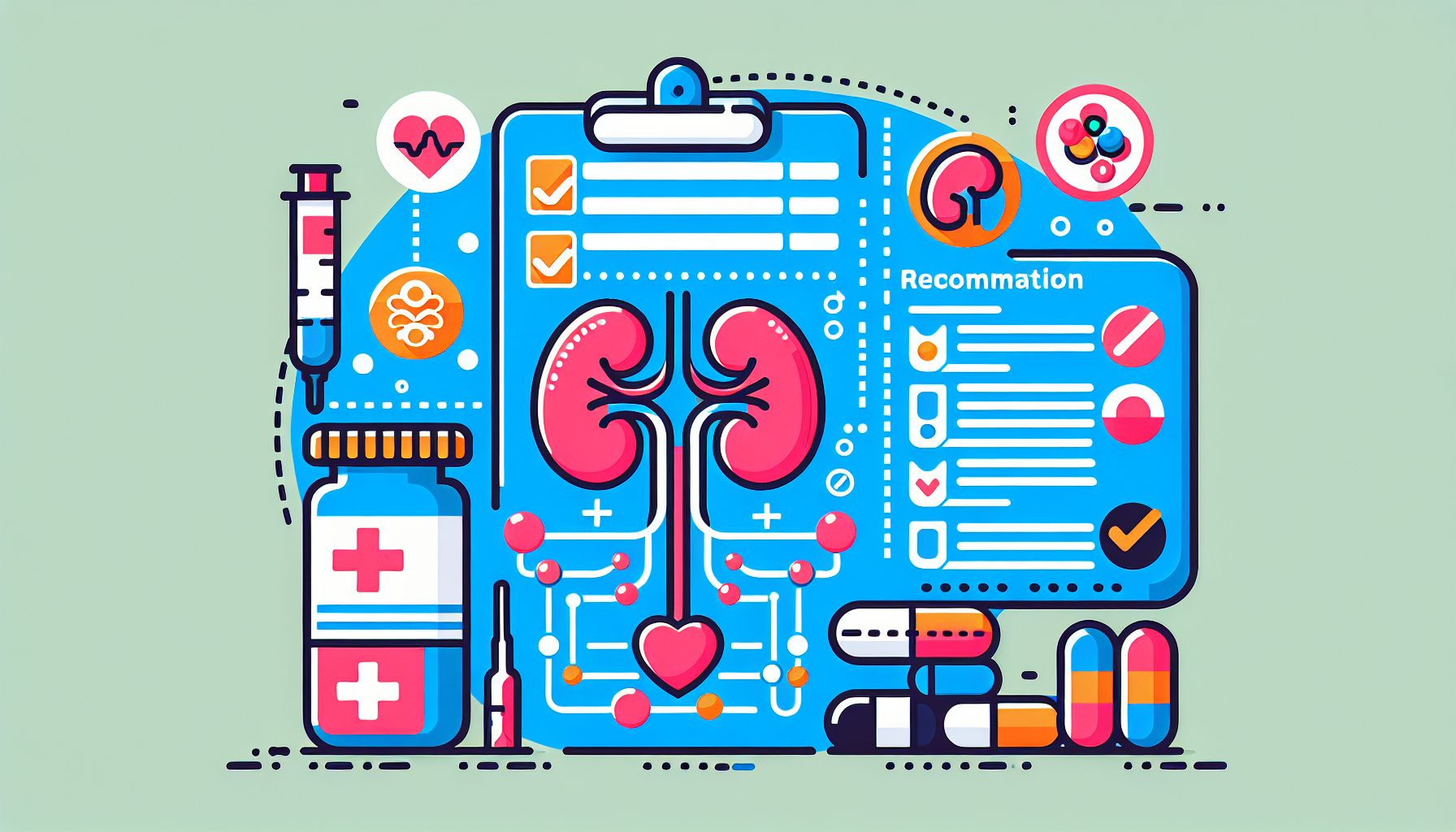Diuretics: An Essential Guide to Understanding and Using These Medications
Diuretics, commonly known as “water pills,” are a class of medications designed to help the body eliminate excess fluids and salts. They are often prescribed for conditions such as hypertension (high blood pressure), heart failure, and certain kidney disorders. This article delves into the types of diuretics, their mechanisms, and essential considerations for their use.
What Are Diuretics?
Diuretics are medications that promote the excretion of water and electrolytes through the urine. By increasing urine production, they help reduce the volume of fluid in the bloodstream, thereby lowering blood pressure and reducing edema (swelling).
Types of Diuretics
There are three primary types of diuretics, each with a unique mechanism of action:
1. Thiazide Diuretics: These are the most commonly prescribed diuretics and are often used to treat high blood pressure and fluid retention. They work by inhibiting sodium reabsorption in the distal convoluted tubule of the kidneys. Common thiazides include hydrochlorothiazide and chlorthalidone.
2. Loop Diuretics: These are typically used for more severe cases of fluid retention, such as in heart failure or renal impairment. They act on the ascending loop of Henle in the kidney, inhibiting sodium and chloride reabsorption. Furosemide and bumetanide are examples of loop diuretics.
3. Potassium-Sparing Diuretics: Unlike other diuretics, these do not cause potassium loss. They are often used in conjunction with other diuretics to prevent hypokalemia (low potassium levels). Examples include spironolactone and eplerenone.
Mechanism of Action
Diuretics work by targeting different parts of the nephron, the functional unit of the kidney. Each type of diuretic affects ion transport mechanisms, leading to increased urine output. Thiazide diuretics reduce sodium reabsorption, loop diuretics inhibit the Na-K-2Cl transporter, and potassium-sparing diuretics block aldosterone receptors or sodium channels.
Indications for Use
Diuretics are versatile medications used in various clinical scenarios:
– Hypertension: They help lower blood pressure by reducing blood volume.
– Heart Failure: Diuretics alleviate symptoms by reducing fluid overload.
– Edema: Conditions like liver cirrhosis and nephrotic syndrome benefit from fluid reduction.
– Kidney Disorders: Some kidney conditions require diuretics to manage fluid balance.
Possible Side Effects
While diuretics are generally safe, they can cause side effects. Common side effects include:
– Electrolyte imbalances (such as low potassium or sodium)
– Dizziness or lightheadedness
– Increased urination
– Gout (increased uric acid levels)
It’s crucial to monitor these side effects and consult healthcare providers for management strategies.
Comments from Experts
Dr. Emily Carter, a renowned nephrologist, states, “Diuretics are a cornerstone in managing hypertension and heart failure. However, their use requires careful monitoring of electrolytes and kidney function to prevent complications.”
Recommendations for Use
Before starting diuretics, it’s essential to consult with a healthcare professional who can provide personalized recommendations. Here are some general guidelines:
– Dosages: Start with the lowest effective dose. For example, hydrochlorothiazide is typically prescribed at 12.5 to 25 mg daily for hypertension.
– Monitoring: Regular blood tests are necessary to monitor electrolyte levels and kidney function.
– Dietary Considerations: Maintain a balanced diet rich in potassium, especially if you’re on a thiazide or loop diuretic.
– Medication Interactions: Be aware of potential interactions with other medications, such as NSAIDs, which can reduce diuretic efficacy.
For a more comprehensive understanding and personalized advice, consider consulting a healthcare provider. You can purchase diuretics from our recommended site here.
Conclusion
Diuretics play a critical role in managing various medical conditions by promoting fluid excretion. Understanding their types, mechanisms, and potential side effects is essential for safe and effective use. Always work closely with healthcare professionals to ensure optimal outcomes while using these medications.
For further reading and resources, consider reputable sources such as the American Heart Association and the National Kidney Foundation.


